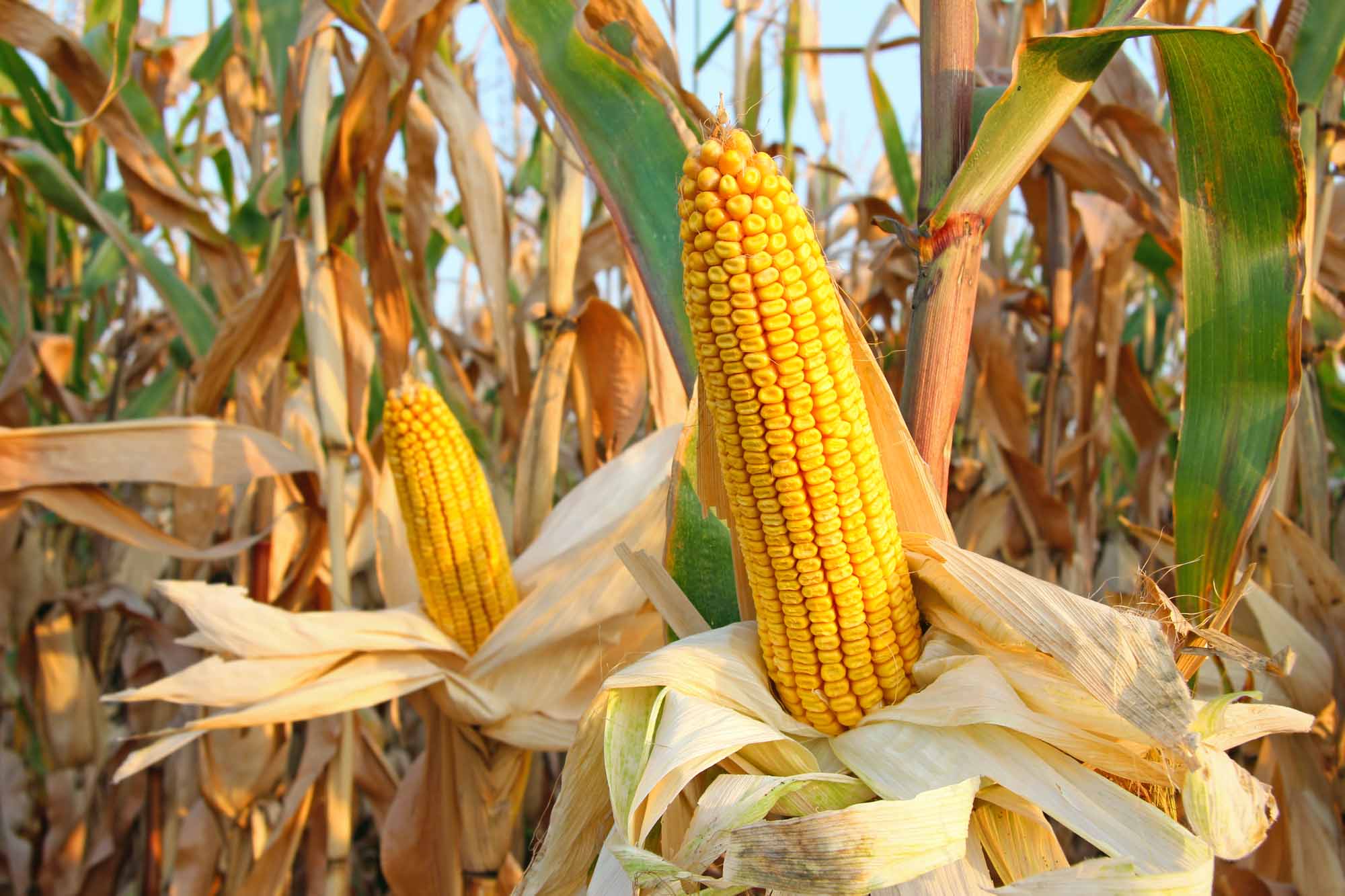Maize
Unlocking the Potential: The Export of Maize from Ghana
Ghana, known for its vibrant agriculture sector, has been making significant strides in the export of agricultural commodities. Among these commodities, maize stands out as a versatile crop with immense export potential. In this blog post, we will delve into the burgeoning export market of maize from Ghana, exploring the reasons behind its growth, its economic significance, and the impact it has on local farmers and the nation's economy.
Rich Agricultural Landscape of Ghana
Ghana's favorable climate, fertile soils, and abundant water resources provide an ideal environment for the cultivation of maize. The country's diverse agro-ecological zones allow for year-round production, ensuring a consistent supply of maize for both domestic consumption and export markets.
Growing Demand for Ghanaian Maize
The demand for Ghanaian maize has been steadily increasing in recent years. Its high quality, nutritional value, and competitive pricing have made it a preferred choice for international buyers. Ghanaian maize finds its way to various destinations, including neighboring countries within West Africa and global markets in Europe, Asia, and the Middle East.
Economic Benefits and Foreign Exchange Earnings
The export of maize presents significant economic benefits for Ghana. It contributes to the country's foreign exchange earnings, helps improve the balance of trade, and stimulates economic growth. The revenue generated from maize exports creates employment opportunities along the value chain, benefiting farmers, traders, transporters, and other stakeholders involved in the export process.
Support for Local Farmers
The export market for maize provides a valuable opportunity for Ghanaian farmers to expand their businesses and improve their livelihoods. Increased demand for maize encourages farmers to adopt modern agricultural practices, including improved seeds, mechanization, and efficient post-harvest handling techniques. This not only enhances productivity but also strengthens the overall competitiveness of Ghana's agricultural sector.
Government Initiatives and Support
The Ghanaian government recognizes the potential of maize exports and has implemented various initiatives to support farmers and promote the sector's growth. These include providing access to credit facilities, offering technical assistance, facilitating market linkages, and investing in infrastructure development such as storage facilities and transportation networks. Such measures enable farmers to meet international quality standards and ensure a smooth supply chain for exported maize.
The export of maize from Ghana has emerged as a promising sector, contributing to the country's economic development and empowering local farmers. Ghana's favorable agricultural conditions, coupled with the growing global demand for high-quality maize, have created a favorable environment for the expansion of the maize export market. As Ghana continues to focus on enhancing its agricultural productivity, investing in infrastructure, and promoting sustainable farming practices, the export of maize is expected to play an increasingly vital role in the nation's economic growth and prosperity.




